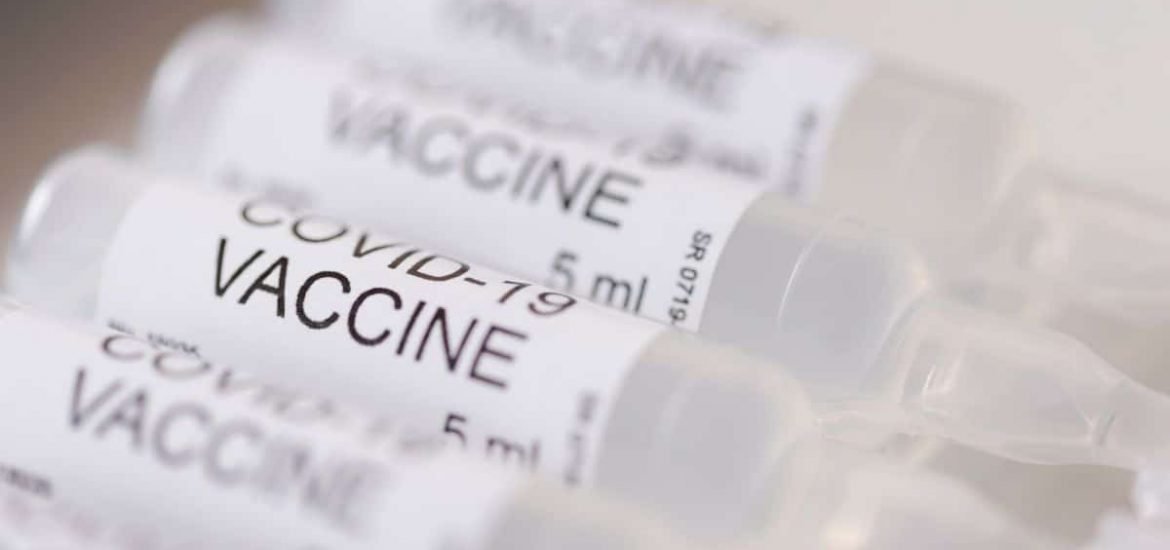
The pharmaceutical company Pfizer inn collaboration with German-based drugmaker BioNTech has taken the lead in the race to develop a coronavirus vaccine. On Monday, the company announced early results of its large-scale clinical trial suggesting the vaccine is 90 per cent effective in preventing symptomatic COVID-19, the disease caused by the novel coronavirus SARS-Cov-2. There have been no serious safety concerns so far.
The ongoing trial involves nearly 44,000 volunteers. Half of the participants received two doses of the vaccine three weeks apart and half received a placebo. The preliminary analysis was based on 94 volunteers who developed COVID-19.
The results give some hope that the first generation of vaccines might be more effective than expected. Over the past few months, researchers had warned that a potential vaccine that might only be 60 to 70 per cent effective. A higher vaccine efficacy – the percentage reduction in disease incidence in vaccinated people – could potentially boost confidence in COVID-19 vaccines, which is currently waning around the world.
Despite the increasing number of COVID-19-related mortalities and the burden of the coronavirus pandemic on both global health and economies, vaccine acceptance rates are falling. The success of any potential vaccines will hinge on their acceptance.
“Vaccine hesitancy diminishes proportionately inversely with the efficacy of a vaccine”, Dr Anthony Fauci, director of the National Institute of Allergy and Infectious Diseases in the US, told STAT. “I think this is going to go a long way to diminishing the vaccine hesitancy that we see”.
Scientists have cautioned against creating too much hype around early results before long-term data has been collected. The data were announced in a news release and not published a peer-reviewed journal, and the analysis was based on sparse data from only 94 volunteers who developed the disease, which does not yet provide enough evidence that the vaccine is safe and effective.
Indeed, the 90 per cent efficacy of the Pfizer-BioNTech COVID-19 vaccine may changes as the trial goes on and there is still no way to predict how long protection from this, or other coronavirus vaccines, would last until the vaccine has been in use for an extended period of time.
Eleven vaccines are currently in late-stage trials. The vaccines being developed by Pfizer and another frontrunner Moderna use a new vaccine production technology known as mRNA. The vaccine works by introducing a messenger RNA (mRNA) sequence (instructions that tell cells which proteins to build) coded for a protein (antigen) found on the surface of the coronavirus. Once produced within the body, the antigen stimulates the immune system and might result in long-lasting protection against the virus.
If successful, this would be the first mRNA vaccine brought to market. Pfizer’s vaccine will almost certainly be the first COVID-19 vaccine to be authorized by the Food and Drug Administration in the US, according to STAT.
Although mRNA vaccines are faster and cheaper to produce than traditional vaccines, one drawback is that they must be shipped and stored at extremely low temperatures (around – 70 degrees Celcius). Pfizer and BioNTech say they could have 30 to 40 million doses of the COVID-19 vaccine before the end of the year, ramping up to 1.3 billion doses a year. But this would still not be enough to meet the global need for coronavirus vaccines.